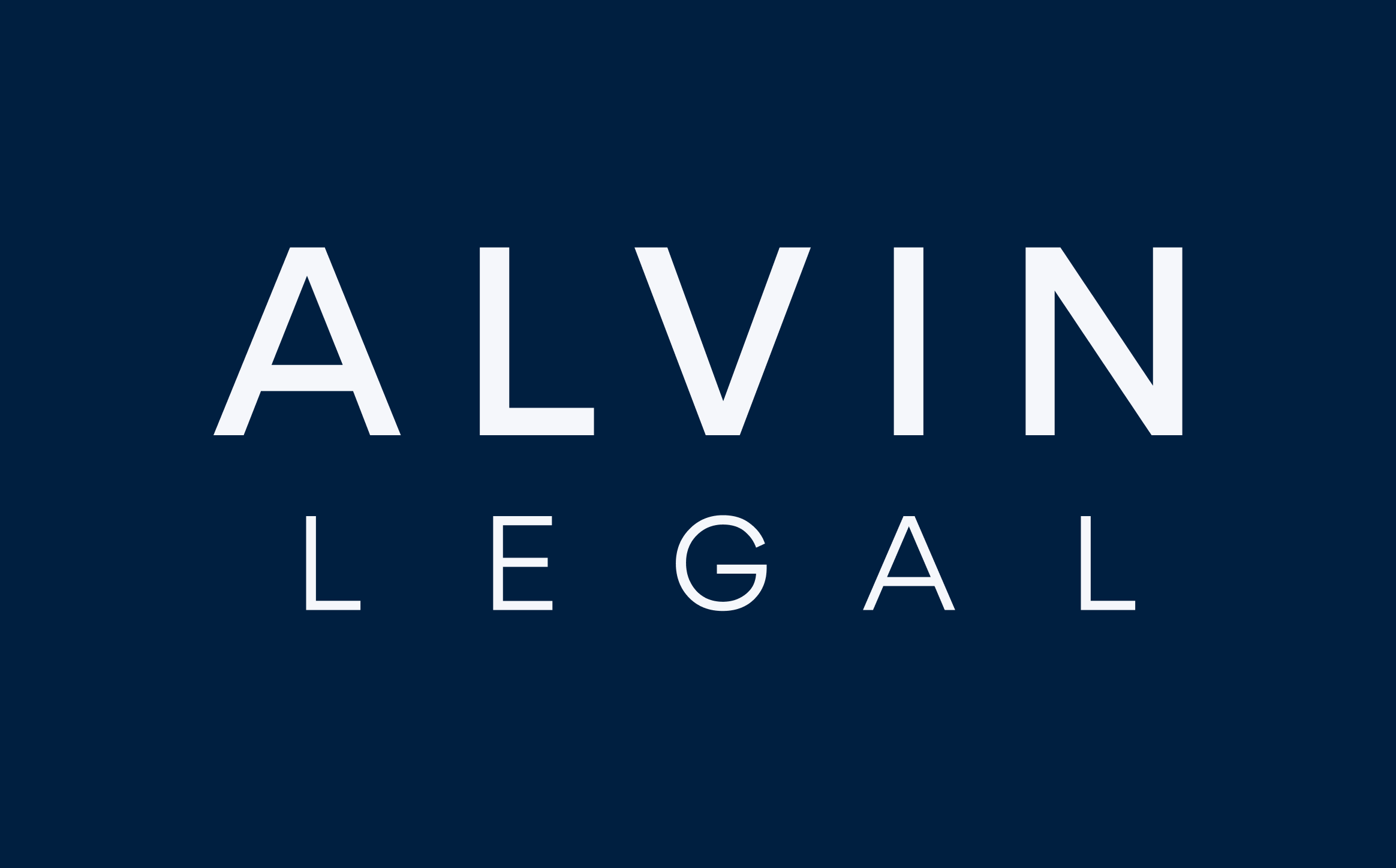Overview
A selective share buy-back is where a company only buys back shares held by a specific shareholder. This is different from an equal share buy-back where the company buy-back shares from all ordinary shareholders in proportion to the number of ordinary shares they hold.
A selective share buy-back involves a reduction in capital, and as such the company must comply with Part 2J.1 of the Corporations Act (Cth) before proceeding with the transaction.
A company may buy back its own shares if:
1. The buy-back does not materially prejudice the company’s ability to pay its creditors; and
2. The company follows the procedures laid down in Part 2J.1, Division 2 of the Corporations Act 2001 (Cth).
The purpose of these rules is to protect shareholders and creditors by:
1. Addressing the risk of a reduction in capital causing the company to become insolvent;
2. Seeking to ensure fairness between the company’s shareholders; and
3. Requiring the company to disclose all material information.
A person involved in the contravention of these rules will be liable to the civil penalty provisions under the Corporations Act 2001 (Cth). The person will also be liable to criminal penalties if the contravention is dishonest. A contravention, however, will not invalid a transaction or expose the company to penalties.
Corporations Act 2001 (Cth), Part 2J.1
The steps for a selective share buy-back are as follow:
1. The company enters into the selective share buy-back agreement, conditional on the approval set out in step 3 being obtained. If the agreement will not be conditional on such approval being obtained, then the company should only enter the agreement at step 3.
2. At least 14 days before a shareholders’ meeting is held to obtain the approvals set out in step 3, the company lodges with ASIC copies of:
a. The notice of meeting; and
b. Any document relating to the buy-back that will accompany the notice of the meeting sent to shareholders. (This should include an explanatory memorandum setting out all information known to the company that is material to the decision of whether to accept the offer.)
3. The selective share buy-back agreement is approved by:
a. A shareholders’ special resolution (75%), with no votes being cast in favour of the resolution by any person whose shares are proposed to be bought back or by their associates; or
b. A unanimous resolution by all ordinary shareholders.
4. Registration of the transfer and cancellation of the bought back shares the shares.
5. Within one month after the shares are cancelled, the company must notify ASIC of the share cancellatio
Constitution
It is important to check the company’s constitution before proceeding with a share buy-back, as the constitution may preclude the company from buying back its own shares or impose restrictions on the company’s power to do so.

